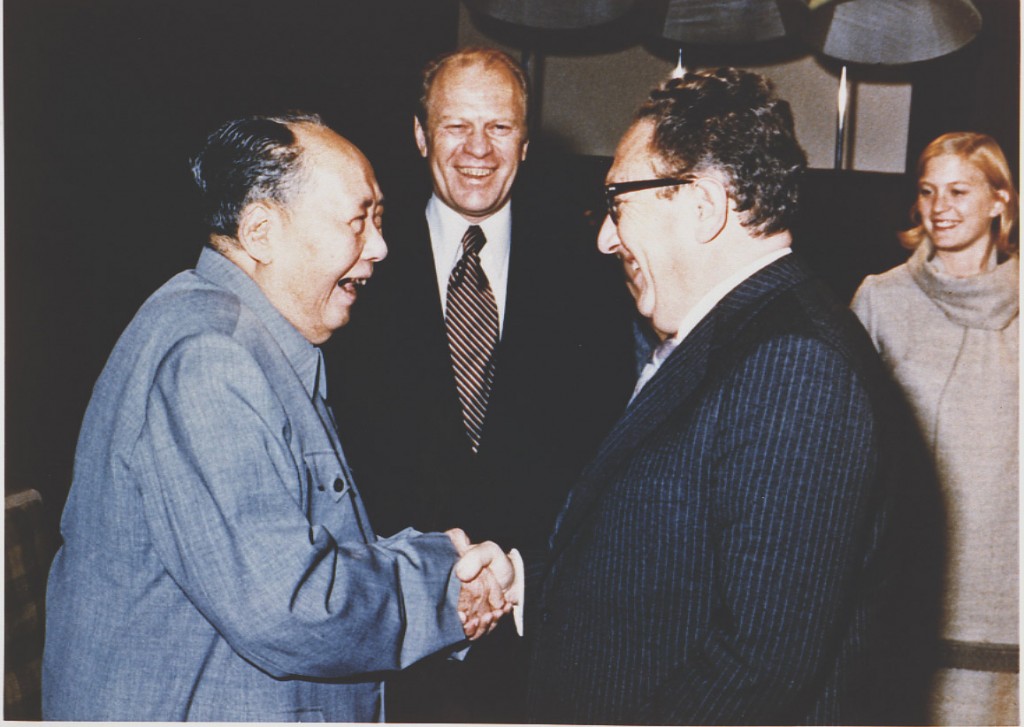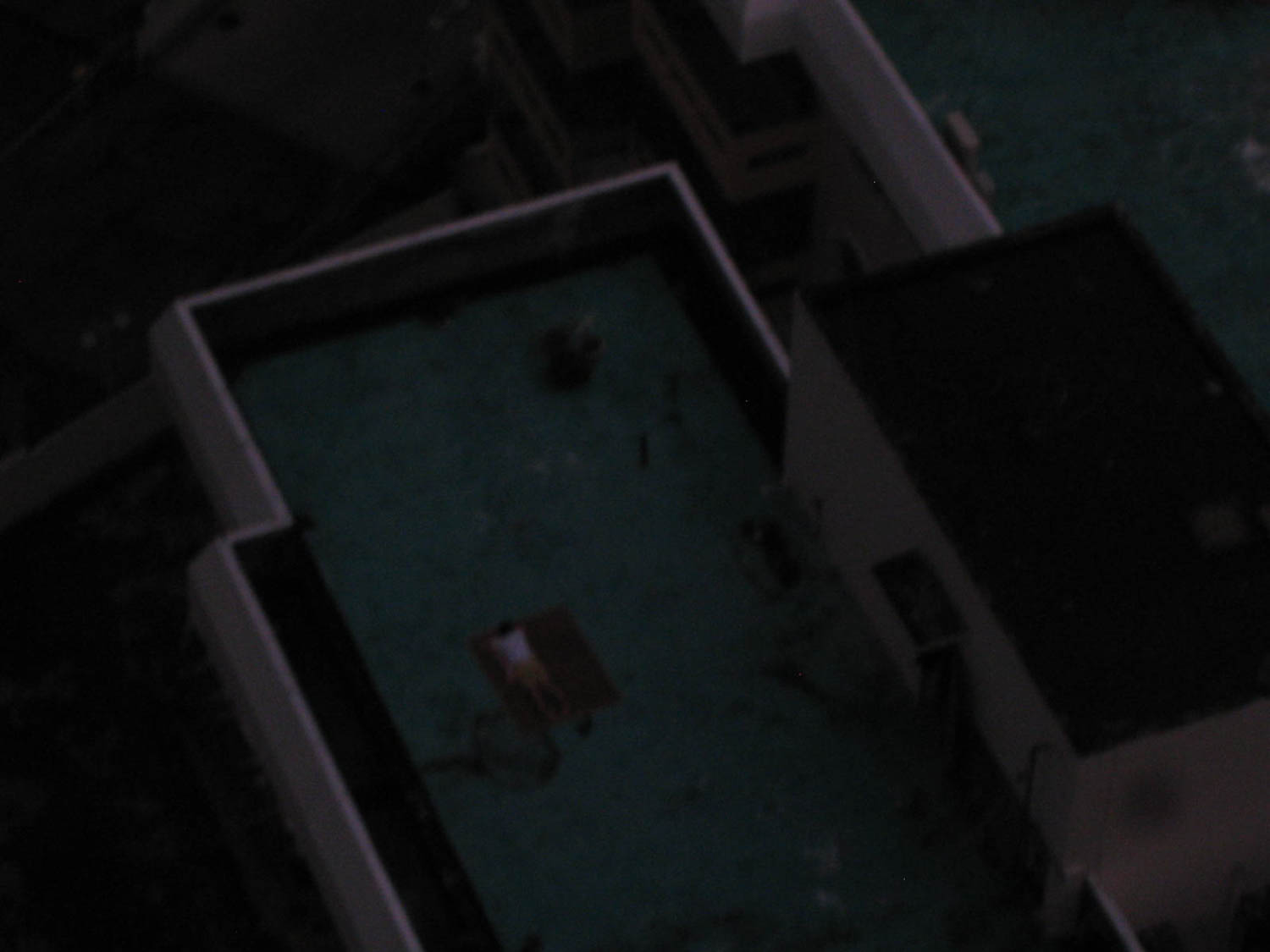The cosmos is all that is, or ever was, or ever will be.
This is the opening line of the television series ‘Cosmos – A Spacetime Odyssey’ that aired on the Fox Network in 2014. The statement is clearly inspired by a verse from Revelation, “to Him who is and who was and who ever shall be”. (Rev. 1:4, 8)
Around 10 minutes of the first 50 minute episode were dedicated to telling the story of Giordano Bruno, the self-heralded apostle of a universal philosophy of reason and an early adopter of many enlightenment ideas. He believed that the universe was infinite and that there were other worlds with earths just like our own. He believed in a gradation of being and suggested that life may even have evolved from lower life forms. Bruno believed that the Bible was a book of religious mythology like Homer’s Illiad.
But what Cosmos fails to mention is that Giordano Bruno was also a pantheist and a devotee of the magical arts. He spent most of his energy developing a theory about mind and memory that had no scientific merit. Many of Bruno’s ‘scientific’ ideas were actually borrowed from bonafied scientists like Copernicus and Kepler who investigated the world from a Christian perspective. In contrast to these scientists, Bruno conceived of the world as a living organism infused with divinity “working and growing differently in different subjects through diverse physical forms in certain arrangements”. Bruno rejected the Christian God because he was a pantheist and not because he was a scientist. I suspect that this is true of many in the Academy today as well.
The 1st episode of Cosmos takes us to the edge of the universe and tell us, ‘here is where it all began’.
… our entire universe emerged from a point smaller than a single atom. Space itself exploded in a cosmic fire, launching the expansion of the universe, and giving birth to all the energy and all the matter we know today. I know that sounds crazy but there is strong observational evidence to support the big bang theory…
Cosmos is content to pull a universe from a hat but most human beings are compelled to go one step further and ask, Why? Why did it go bang? Who pulled the rabbit from the hat? If there is nothing above Nature, as Cosmos presupposes, then one is forced to conclude that Matter assembled itself into complex and specified forms. It is not much of a leap from here to speculate that the universe is a living organism with a mind of its own or is in some way suffused with creative power. This is the magical universe of Giordano Bruno and is the underlying reality of all pagan religion. Dawkins and Tyson may not believe in the efficacy of magic but their cosmogony fully accords with it. It is perhaps no coincidence they chose the renaissance magician par excellence, Giordano Bruno, as their hero.
Several places in the episode Tyson expresses awe at the way that life began.
Life began somewhere around here… 3 1/2 billion years ago. we still don’t know how life started. For all we know, it may have come from some other part of the milky way. The origin of life is one the great unsolved mysteries of science. [Tyson standing beside the ocean and pointing to a tidal pool] That is life cooking, evolving all the biochemical recipes for its incredibly complex activities…. Life was breathing, moving eating, responding to its environment. We owe a lot to those pioneering microbes. Oh yeah, and one other thing, they also invented, sex.
Why did Tyson add that last line? In fact, there is no satisfying biological explanation for the origin of sex, or for bio-chemical evolution for that matter. Tyson is peddling gaudy trinkets to teenagers. This show represents the depths to which crass materialism has brought us.
Apparently, the Fox Network was not sure whether the show would be profitable but they chose to air it anyway. Why?
Fox’s CEO Kevin Reilly considered that the show would be a risk and outside the network’s typical programming, but that “we believe this can have the same massive cultural impact that the original series delivered,” and committed the network’s resources to the show. (Cosmos, Wikipedia)
References:
Giordano Bruno and Arthur D. Imerti, The Expulsion of the Triumphant Beast (Lincoln: University of Nebraska Press, 2004). From the Introduction
Additional Notes:
Tyson: We [the ignorant masses] were the center of the universe – a universe made for us. There was only one man on the whole planet who envisioned an infinitely grander universe. And how was he spending new year of the year 1600? Why in prison, of course! There comes a time in our lives when we first realize that we are not the center of the universe; that we belong to something much greater than ourselves, it is part of growing up, And as it happens to each of us, so it began to happen to our civilization in the 16th century.
Girodano’s speech to Oxford according to Cosmos: (I am not sure where this is sourced. From what I have read, the content of the speech is unknown)
Bruno: I have come to present a new vision of the cosmos. Copernicus was right to argue that the earth was not the center of the universe. The earth goes around the sun. It is a planet just like the others. but Copernicus was only the dawn. I bring you the sunrise! The stars are other fiery suns made of the same substance as the earth. And they have their own watery earths, with plants and animals no less noble than our own.
Crowd:Are you made or merely ignorant. Everyone knows that that there is only one world.
Bruno: What everyone knows is wrong. Our infinite God has created a boundless universe with an infite number of worlds.
Crowd: Do they not read Aristotle where you come from, or even the Bible!
Bruno: I beg you, reject antiquity, tradition, faith, authority. Let us begin anew, doubting everything we assumed has been proven.
Crowd: Infidel! Heretic.
Bruno: Your God is too small!
Cosmos goes on to recount how Bruno was thrown into prison by the authorities in Venice. After years of deliberation, the cardinals of the inquisition rendered their verdict. Cosmos states the verdict as follows: (There is no record of the actual indictments so the following is speculation)
You have been guilty of questioning the holy trinity, and the divinity of Jesus Christ, of believing that gods wrath is not eternal, that everyone will be saved, of asserting the existence of other worlds. All of the books you have written will be gathered up and burned in St Peter’s square.
The inquisition and the Crusades have been flogged to death in modern histories. A group can always find instances where they were persecuted by others. Catholic Christians could point out what happened to them in the French Revolution (a far bloodier affair than all of the inquisitions of all the nations in the Middle Ages put together). And Protestants could point to St. Bartholomew’s Day Massacre. The real interesting question is when and where has tolerance taken root, and under what conditions?

